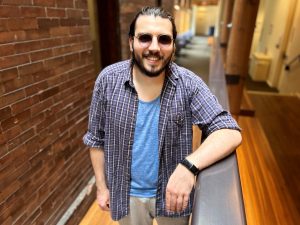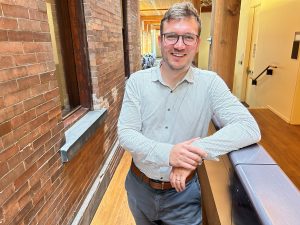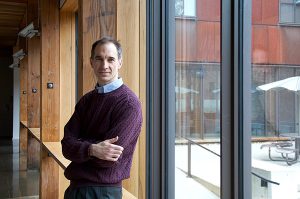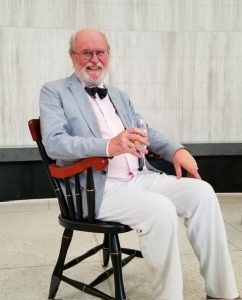
Second year PhD student Renato Zimmermann moved to Canada as a newly-admitted undergraduate six years ago. A research assistantship during those studies sparked a deep curiosity about complex questions in economics. His admission into graduate studies didn’t come as a surprise.
“Renato was one of the best undergraduate students I’ve ever had; he was always very inquisitive. He has three of the most important qualities, in my view. He is very curious about economics and wants to understand things deeply. He is very resilient and perseveres through challenges. Third, he works hard, goes into detail and actively identifies and addresses problems without letting obstacles stop him,” said Associate Professor Eduardo Souza-Rodrigues. [Read more…]




